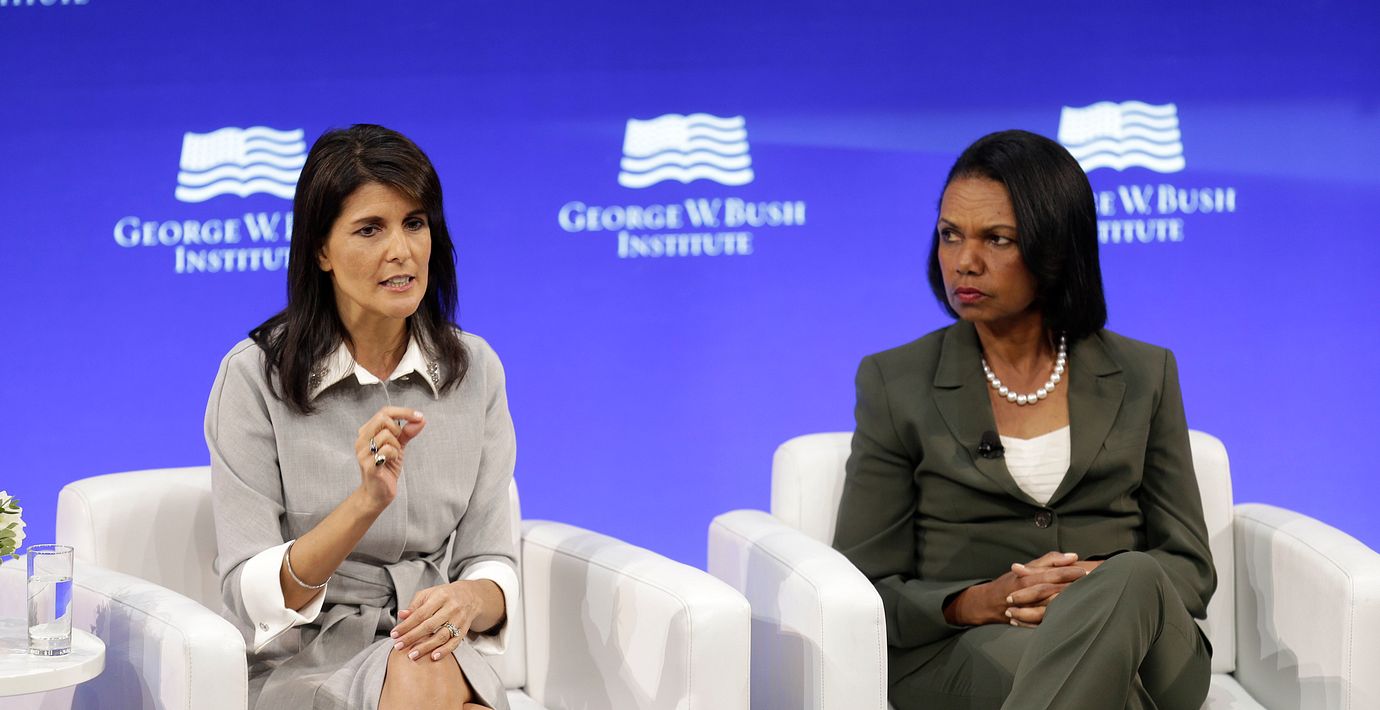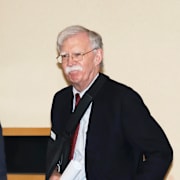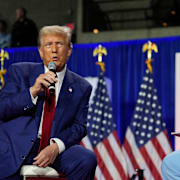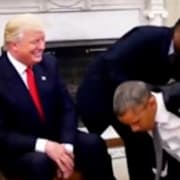
Haley: Valpåverkan är Rysslands nya favoritvapen
Den ryska inblandningen i förra årets presidentval i USA var ”krigföring”. Det säger USA:s FN-ambassadör Nikki Haley, enligt CNN. Under valrörelsen användes bland annat falska konton i sociala medier för att försöka påverka den amerikanska valmanskåren.
– De gör detta överallt och det är deras nya favoritvapen.
Haley gjorde uttalandet under ett panelsamtal med de före detta utrikesministrarna Madeleine Albright och Condoleeza Rice.
Ryska inblandningen i amerikanska presidentvalet
Wikipedia (en)
The United States Intelligence Community concluded, with high confidence, that the Russian government engaged in electoral interference during the 2016 U.S. presidential election. A January 2017 assessment by the Office of the Director of National Intelligence (ODNI) stated that Russian leadership preferred presidential candidate Donald Trump over Hillary Clinton, and that Russian president Vladimir Putin personally ordered an "influence campaign" to harm Clinton's electoral chances and "undermine public faith in the US democratic process."
On October 7, 2016, the ODNI and the Department of Homeland Security (DHS) jointly stated that the U.S. Intelligence Community was confident that the Russian Government directed recent hacking of e-mails with the intention of interfering with the U.S. election process. According to the ODNI′s January 6, 2017 report, the Russian military intelligence service (GRU) had hacked the servers of the Democratic National Committee (DNC) and the personal Google email account of Clinton campaign chairman John Podesta and forwarded their contents to WikiLeaks. Russian officials have repeatedly denied involvement in any DNC hacks or leaks. In January 2017, Director of National Intelligence James Clapper testified that Russia also interfered in the elections by disseminating fake news that was promoted on social media.
On October 31, President Barack Obama warned Putin via the "red phone" to stop interfering or face consequences. In December, Obama ordered a report on hacking efforts aimed at U.S. elections since 2008, while U.S. Senators called for a bipartisan investigation. President-elect Donald Trump initially rejected claims of foreign interference and said that Democrats were reacting to their election loss. On December 29, 2016, the U.S. expelled 35 Russian diplomats, denied access to two Russia-owned compounds, and broadened existing sanctions on Russian entities and individuals.
Several investigations about Russian influence on the election have been underway: a counter-intelligence investigation by the FBI, hearings by the Senate Intelligence Committee and the House Intelligence Committee, and inquiries about possible links and financial ties between the Kremlin and Trump associates, notably targeting Paul Manafort, Carter Page and Roger Stone. On May 9, 2017, Trump dismissed FBI Director James Comey, citing in part dissatisfaction with the ongoing suspicions of his presidency because of "this Russia thing". On May 17, Deputy Attorney General Rod Rosenstein appointed former FBI Director Robert Mueller as Special Counsel to oversee the investigation.
Omni är politiskt obundna och oberoende. Vi strävar efter att ge fler perspektiv på nyheterna. Har du frågor eller synpunkter kring vår rapportering? Kontakta redaktionen



